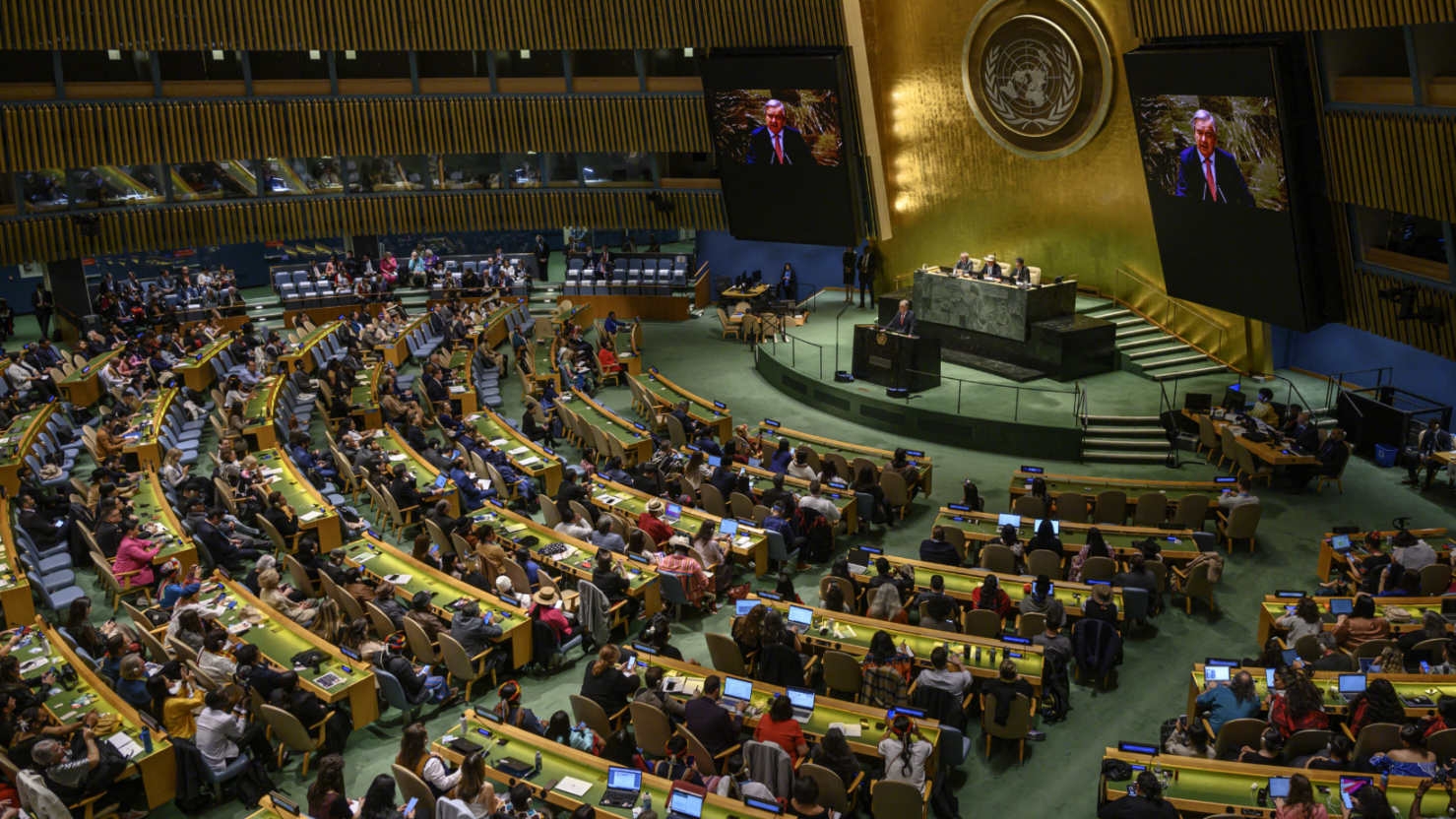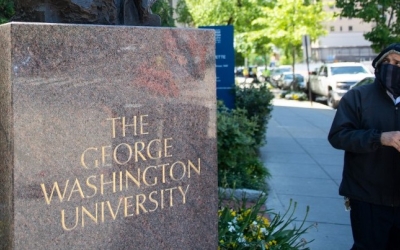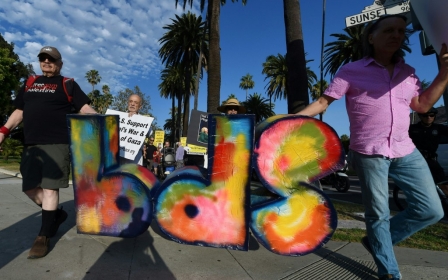Human rights groups warn UN against antisemitism definition

Over 100 human rights and civil rights organisations have warned the United Nations against using or endorsing a definition of "antisemitic" they say could be used to silence criticism of the Israeli government and stifle advocacy for Palestinian rights.
The letter, signed by groups including Amnesty International and Human Rights Watch, raised concerns of the International Holocaust Remembrance Alliance's (IHRA) working definition of "antisemitism".
The signatories said antisemitism "poses real harm to Jewish communities around the world" but that the IHRA's use of the word could "inadvertently embolden or endorse policies and laws that undermine... the right to speak and organize in favor of Palestinian rights and to criticize Israeli government policies".
They warned that if the UN adopts the IHRA definition, governments and courts could misuse it to restrict criticism of Israeli government policies, creating "a chilling effect on freedom of expression".
The groups noted that Ken Stern, the main drafter of the IHRA definition, raised his own concerns about institutions adapting the terminology, which he said has been used as "a blunt instrument to label anyone an antisemite".
The groups say the label relies on examples of antisemitism that could be open for distortion, such as "denying the Jewish people their right to self-determination" and "applying double standards by requiring of [Israel] a behavior not expected" of other democratic nations.
Such wording "opens the door" to labelling as antisemitic criticism of Israeli government policies and practices by human rights organisations that Israeli authorities are committing apartheid against Palestinians, the groups said.
"The UN should ensure that its vital efforts to combat antisemitism do not inadvertently embolden or endorse policies and laws that undermine fundamental human rights, including the right to speak and organize in support of Palestinian rights and to criticize Israeli government policies," the authors said.
The metric could also be used to label as antisemitic documentation showing that Israel's founding involved dispossessing Palestinians.
The "double standards" argument could also pave the way for anyone who focuses on Israeli abuses to be labelled "antisemitic" so long as worse abuses are deemed to be occurring elsewhere.
"By that logic, a person dedicated to defending the rights of Tibetans could be accused of anti-Chinese racism, or a group dedicated to promoting democracy and minority rights in Saudi Arabia could be accused of Islamophobia," the authors said.
The authors provided recent examples they say underscore the fraught metrics used in the IHRA definition.
In 2017, after the UK government adapted the definition on a national level, at least two UK universities banned activities planned for "Israel Apartheid Week", including a talk at the University of Central Lancashire on boycotts, divestment and sanctions.
In February 2020, Israeli advocacy groups in the US tried to shut down a Palestinian film screening at Pitzer and Pomona College citing "clear indicators of anti-Semitism under the examples listed by the IHRA".
The authors listed two alternative definitions for antisemtisim the UN could adapt from the Jerusalem Declaration on Antisemitism and the Nexus Document, crafted by a task force affiliated with Bard College and the University of Southern California.
Middle East Eye propose une couverture et une analyse indépendantes et incomparables du Moyen-Orient, de l’Afrique du Nord et d’autres régions du monde. Pour en savoir plus sur la reprise de ce contenu et les frais qui s’appliquent, veuillez remplir ce formulaire [en anglais]. Pour en savoir plus sur MEE, cliquez ici [en anglais].





